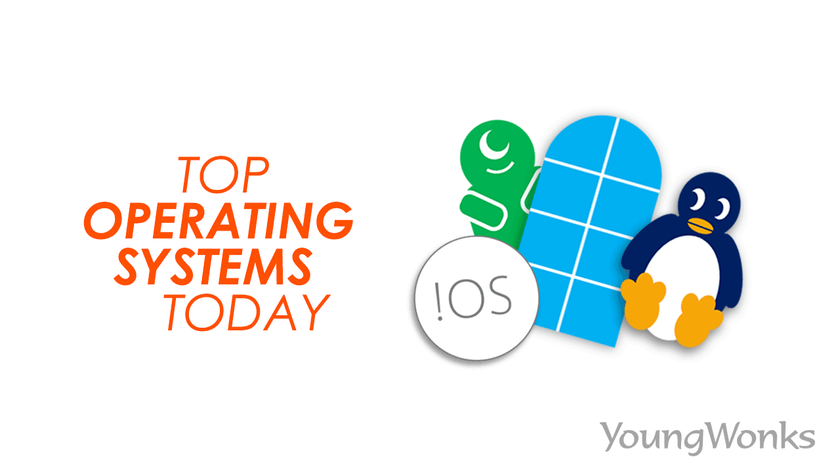Choosing the right operating system (OS) is crucial for developers as it affects their productivity, development tools, and overall workflow. As of 2024, several operating systems stand out for their development capabilities. This article explores the top operating systems for developers, highlighting their features and benefits.

1. Ubuntu
Ubuntu remains a popular choice among developers for its stability, ease of use, and robust community support.
Why Developers Choose Ubuntu
- Open Source: Ubuntu is open source, offering transparency and flexibility. Developers can modify and customize the OS to fit their needs.
- Package Management: Ubuntu uses the APT package management system, which simplifies software installation and updates.
- Development Tools: It supports a wide range of development tools and languages, including Python, Java, and Node.js.
- Community Support: A large, active community provides extensive documentation and support, making it easier for developers to find solutions to issues.
2. macOS
macOS is favored by developers, particularly for iOS and macOS application development, due to its robust ecosystem and integration with Apple’s tools.
Why Developers Choose macOS
- Xcode Integration: Essential for developing iOS and macOS applications, Xcode provides a comprehensive suite of development tools and simulators.
- Unix-Based: macOS is Unix-based, offering a familiar environment for those used to Linux systems.
- Stability and Performance: Known for its stability and smooth performance, macOS is ideal for development tasks.
- Developer Ecosystem: The macOS ecosystem supports various programming languages and frameworks, including Swift and Objective-C.
3. Windows 11
Windows 11 brings several features beneficial for developers, including improved performance and integration with development tools.
Why Developers Choose Windows 11
- Windows Subsystem for Linux (WSL): WSL allows developers to run a Linux environment directly on Windows, facilitating cross-platform development.
- Performance Enhancements: Windows 11 offers faster boot times and better resource management, which can enhance development efficiency.
- Compatibility: A wide range of development tools and software is available for Windows, including Visual Studio and various database management systems.
- Gaming Development: DirectStorage and Auto HDR support make it a strong choice for game development.
4. Fedora
Fedora is known for its cutting-edge features and is popular among developers who want to work with the latest technologies.
Why Developers Choose Fedora
- Latest Technologies: Fedora often includes the latest software and development tools, making it a good choice for those wanting to stay on the cutting edge.
- Modularity: Fedora offers modularity, allowing developers to choose specific versions of software packages and runtimes.
- Development Environments: It supports a variety of programming languages and frameworks, with easy access to tools through its package manager.
- Community Support: Fedora has a strong community that actively contributes to its development and provides support.
5. Debian
Debian is renowned for its stability and reliability, making it a solid choice for developers who prioritize a dependable development environment.
Why Developers Choose Debian
- Stability: Debian is known for its stability, making it ideal for development environments where reliability is crucial.
- Package Management: The APT package management system facilitates easy installation and management of software.
- Wide Support: Debian supports a broad range of programming languages and development tools.
- Long-Term Support: Debian offers long-term support releases, providing a stable environment for extended development projects.
6. Arch Linux
Arch Linux is favored by developers who prefer a highly customizable and minimalistic environment.
Why Developers Choose Arch Linux
- Customization: Arch Linux provides a minimal base system, allowing developers to build their environment from scratch.
- Rolling Release Model: It uses a rolling release model, ensuring that developers have access to the latest software updates and features.
- Pacman Package Manager: Arch Linux’s package manager, Pacman, is efficient and allows for easy management of software.
- Arch Wiki: The Arch Wiki is a comprehensive resource for troubleshooting and configuring the system.
Conclusion
Choosing the right operating system is a key decision for developers, influencing their workflow and productivity. Ubuntu, macOS, Windows 11, Fedora, Debian, and Arch Linux each offer unique features and benefits tailored to different development needs. Whether you prioritize stability, cutting-edge technology, or customization, these operating systems provide robust platforms for modern software development.
